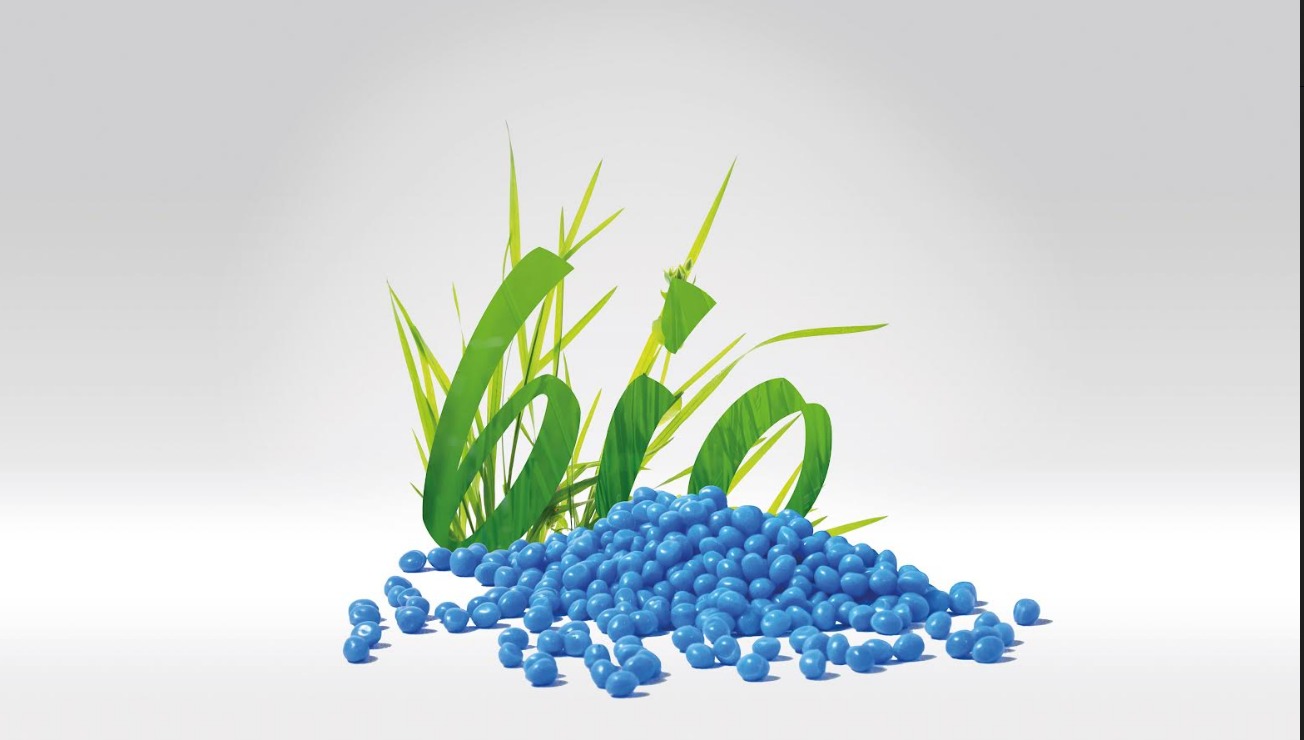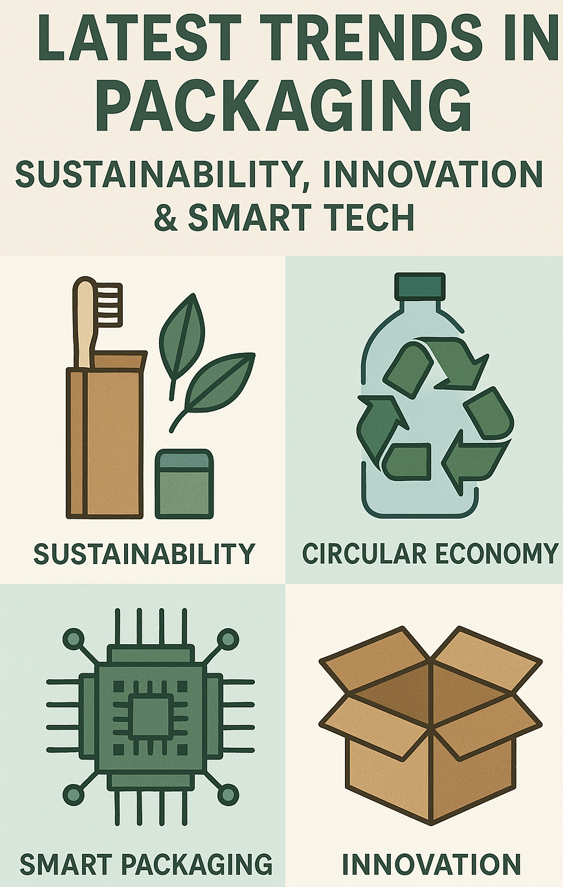
KRAIBURG TPE is presenting thermoplastic elastomers (TPEs) that have a variable proportion of renewable raw materials. By introducing these new compounds, the global TPE manufacturer is expanding its THERMOLAST®R range of more sustainable solutions by adding a line of products from renewable raw material sources. Bio-based TPEs also have a lower product carbon footprint than established alternatives that are not based on renewable raw materials.
Waldkraiburg, 17 October 2023 – Sustainability is a key aspect of the design phase. It is only when the idea of sustainability plays a major role from the very start of a project that it can contribute to the project’s success in the longer term. KRAIBURG TPE’s customers already have access to more sustainable compounds that contain proportions of post-industrial or post-consumer recycled materials, particularly in the consumer and automotive sectors. KRAIBURG TPE is now complementing its range of more sustainable solutions by adding bio-based TPEs made of raw materials that support the transition from compounds based on fossil resources to alternative products based on renewable materials and make this transition attractive.
When evaluating new raw materials for bio-based TPEs, KRAIBURG TPE is focusing on materials that are not used for food production. These are raw materials such as agricultural by-products or waste materials from food production that cannot be used as food even if they are further processed. KRAIBURG TPE critically evaluates the origin of raw materials in order to meet the company’s high self-imposed requirements. By working closely with suppliers, KRAIBURG TPE ensures a delivery capability for bio-based and recycled raw materials comparable to that for conventional base polymers.







